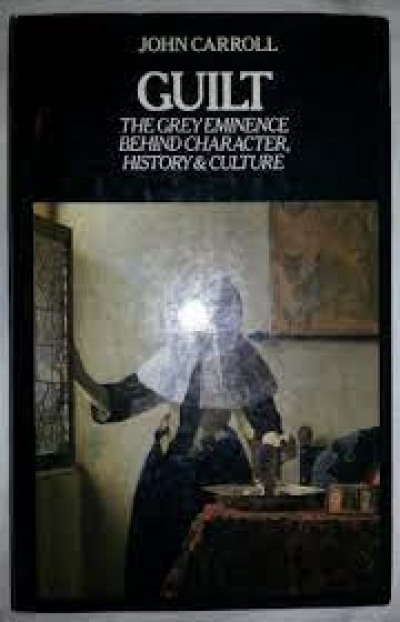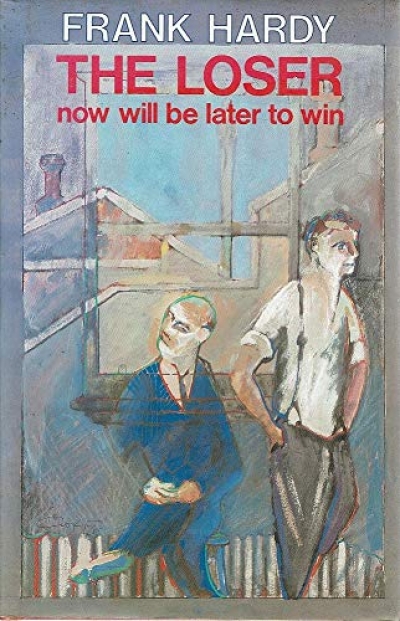Archive
The Orange Tree: South Australian poetry to the present day edited by K.F. Pearson and Christine Churches
Dear Sir,
Laurie Muller’s reported comments on the obligations (sic) of libraries and librarians, and the state of Australian publishing (ABR, December 1985–Jan 1986) must surely invite some responses!
... (read more)Culture and History Essays Presented to Jack Lindsay edited by Bernard Smith
No Collars No Cuffs, plenty of fisticuffs, and you’ll probably get K.O.’d by all this, after a round or two of three or four poems each. You may need someone in your corner to bolster you, for as Geoff Goodfellow writes in ‘Skin Deep’, a women’s prison poem:
... (read more)Have you ever noticed how otherwise intelligent journalists find it almost impossible to write seriously about Adelaide Festival’s Writers’ Week? Predictably, they seem compelled to joke about the prodigious quantity of booze consumed – but perhaps they have never attended a business or an academic convention. Then well-known visiting writers apparently must be called ‘literary lions’ – an alliterative cliché suggesting that these writers are somehow not really human. There is usually some marvelling at the miracle that for once the big names (the lions) haven’t dropped out – as though there have been no Writers’ Weeks since 1976, the last time they did drop out. And inevitably there is an awkward, giggly tone to their articles, suggesting acute discomfort or embarrassment.
... (read more)At a seminar on the arts and the economy held recently in Melbourne, Laurie Muller, general manager of the University of Queensland Press, attacked what he described as the myth of the Australian publishing industry. According to Muller, the market size for serious Australian books is so small (one to three thousand) that publishers can barely recoup their development costs, let alone make any profits to service capital and finance further books and expansion.
... (read more)







